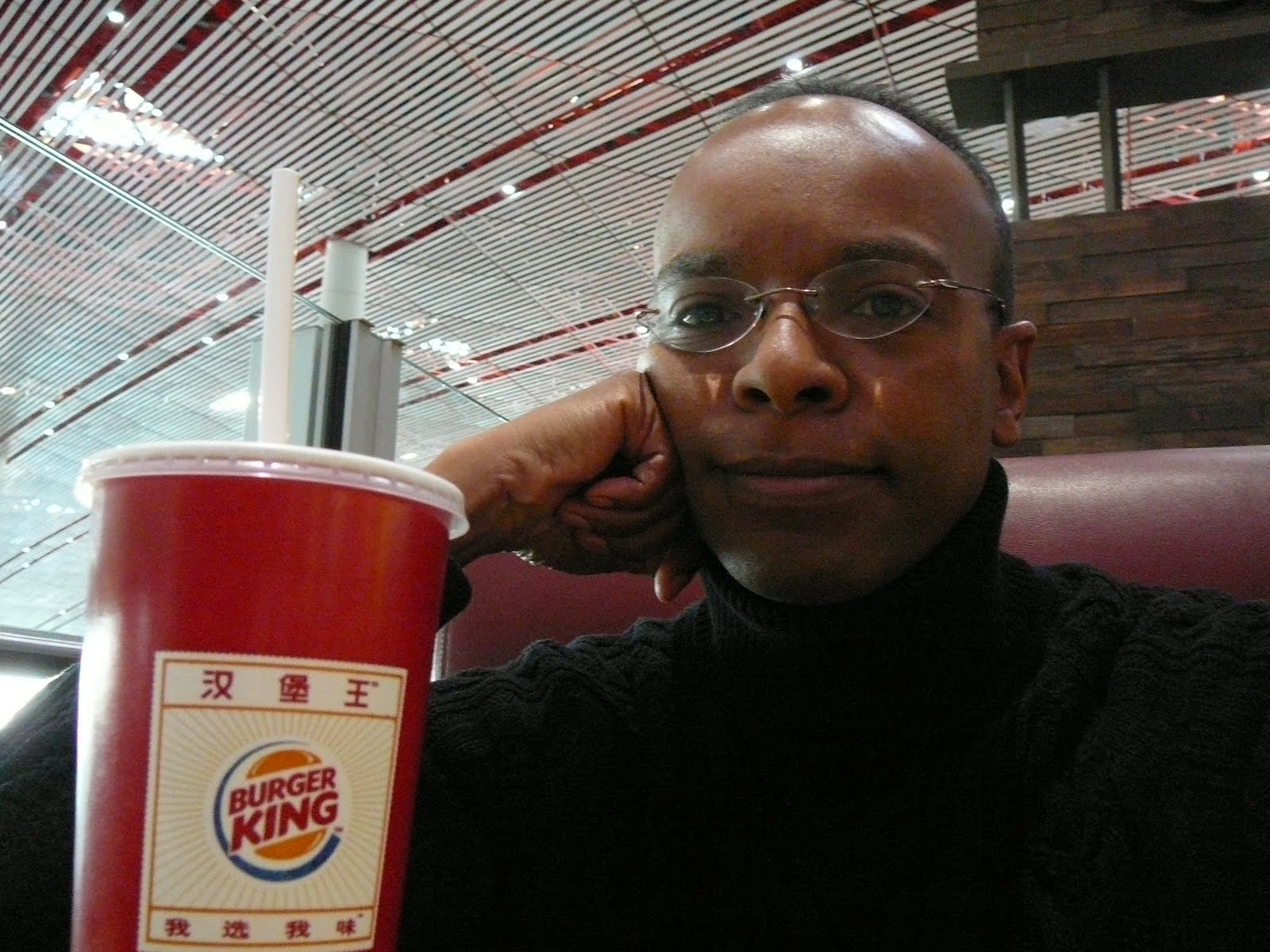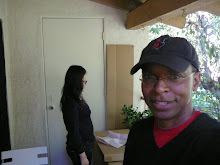
What would happen if Xzibit showed up in Beijing at the request of Chinese President Hu Jintao? After all, President Hu desperately needs some new wheels from which to review the massed troops in the 14th Military Parade on China's National Day.
President Hu Jintao's ride is a Hong Qi, also known as the HQE, China's only domestically-produced luxury limo. It is 6.4 meters long, 2.05 meters wide, and 1.72 meters high, originally built at the First Automobile Works of Changchun in Jilin Province. But due to China's rapid economic growth and emergence on the world stage as an international playa, the HQE looks horribly out of date. But all that is about to change. In short, the HQE is in need of some serious TLC. President Hu doesn't know it yet, but we're about to pimp his ride.
"I am Hu Jintao. I am the President of the People's Republic of China. And this is my ride."
It is an ordinary black limousine. "While mainland China boasts a rapidly developing upper class that can afford fine cars like this," says Hu, "most of our nation is poor and its people lacking in what you in the West could call the 'social graces.' These will come in time, but I have only a half-hour before I must review the country's top military detatchments during a globally-viewed parade in Beijing. We need to impress the leaders of the world's developed nations, as well as frighten the lesser countries in our region of East Asia. We cannot look weak. We cannot make a mistake. We cannot fail. So please, pimp my ride."
Xzibit shows up outside the gates of Zhongnanhai, home of the Chinese political leadership, and sees the Hong Qi for the first time: "What we have here is a basic black, bulletproof, no-frills, no-style, no-character, piece of s--- Soviet-era automotive engineering. We've never pimped a car like this one before. But there's always a first time. Let's go meet President Hu."
Xzibit knocks at the gate and an excited President Hu walks out: "This is a great moment for our people. I knew you would come. So where is Shaq?"
Xzibit: "???"
Xzibit and President Hu look over the vehicle. Xzibit observes the exterior: "I see that the favorite color for official cars in Beijing is black. Did you ever think of updating the style of this car?" President Hu: "It is updated."
Xzibit: "???!!!"
Xzibit and President Hu check out the interior. Xzibit: "There is...wait, that is some nasty...hey, do people spit in your car?" President Hu: "The people spit everywhere. Everyone knows this." Xzibit: "But
inside your car? The next thing you'll tell me is that they let small children pee on the back seat." President Hu doesn't respond.
Xzibit:
$@#^%???!!!Xzibit squirms into the driver's seat and President Hu hands him the keys. "Off to the west coast," Xzibit says. "We do not have a west coast," counters the President. "Only east coast." Xzibit drives across the street and arrives in the Forbidden City right after the commercial break. Workers at the shop throw up their hands in exasperation upon seeing the Hong Qi pull into the garage.
"Here I am," exclaims Xzibit as he hits the HQE's metallic-sounding horn, "...in the President's Robo-Car!"
The workers hurriedly convene their staff meeting in the shop's conference room: "This is the car which will carry the President of the world's most populous country. The people of his nation make everything we buy, including many of the parts we will be pimping his car with. Paint, what you got for us?"
"We are going to repaint this fine car in basic black. Or maybe not."
"OK, interior?"
"Not only will we remove that nasty spit-and-crap-stained back seat, but we will give the President enough room to stand up if he wants."
"All right. Body work, what ya got?"
"We are going to cut a hole in the roof. YES, THE ROOF! President Hu can stand at attention and reward the crowd with his presence and, POW, review the troops directly from his limo's sunroof. Oh yeah, we're going to attach Chinese flags above the headlights for a patriotic touch. It is National Day, after all."
"Nice. Electronics?"
"We will outfit this ride with an audio system like no other. We will mount four, count-em, FOUR microphones on the roof, which will transmit President Hu's words through wireless technology to speakers up and down Chang'an Jie. His booming voice will be heard from the Forbidden City all the way to Wangfujing and back."
The meeting ends. "Well, President Hu, take one last peek at your Hong Qi. It will never look like this again. Well, not exactly like this, but it will be pretty close."
Twenty minutes later: President Hu and Xzibit are in attendance at the shop with several bodyguards as the workers unveil the newly-pimped HQE. The bodyguards gasp as President Hu nods in approval: "A fine job."
Hu Jintao climbs into the limousine, pokes his head out of the sunroof, and faces the microphones. The driver proceeds to power the car through the gate and heads toward Tian'anmen Square.
President Hu's voice blasts through the streetside speakers, amid the throng of 300,000 parade watchers and participants:
"Xie xie for pimping my ride! Now go Serve The People!"






























